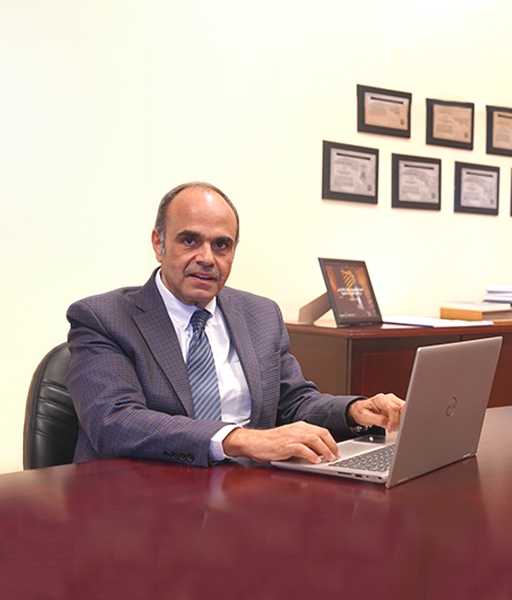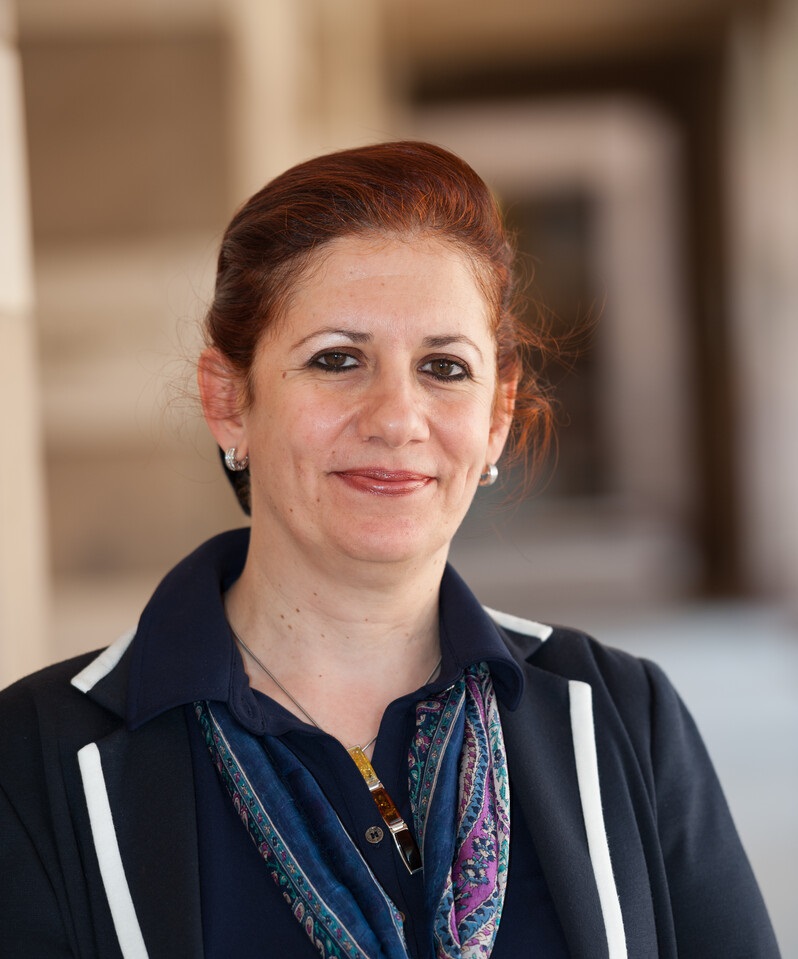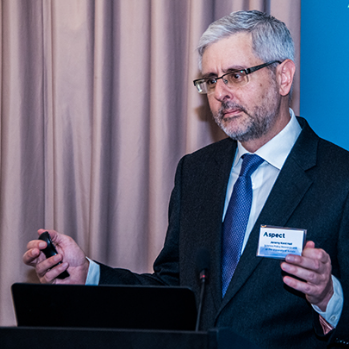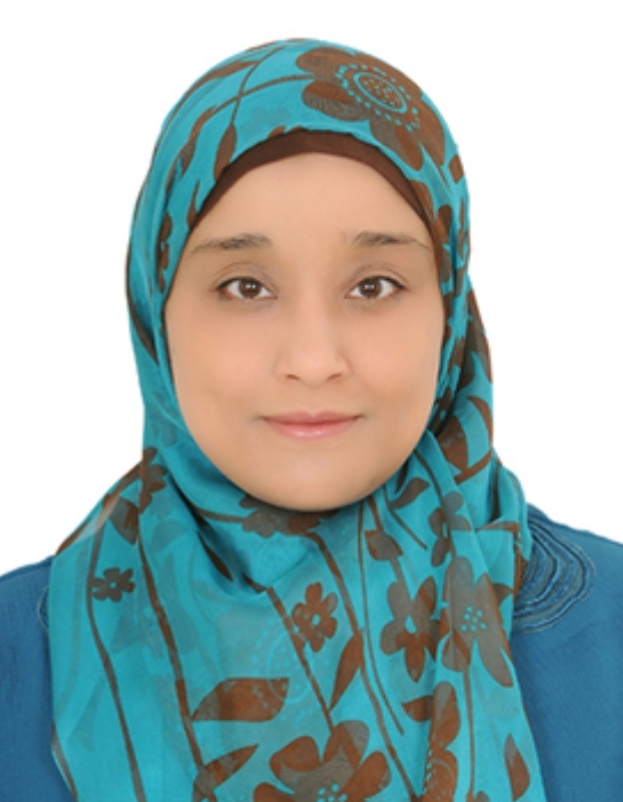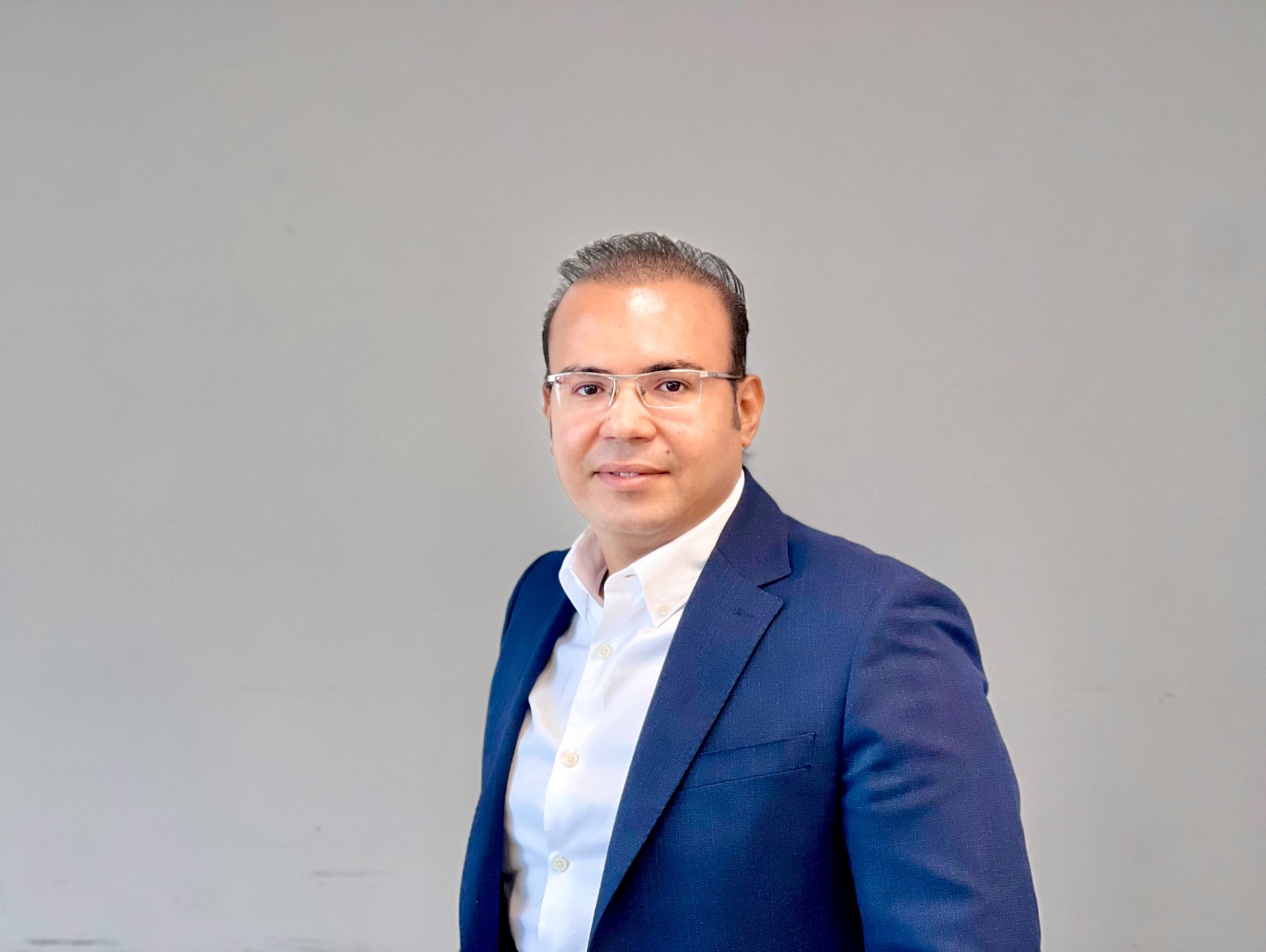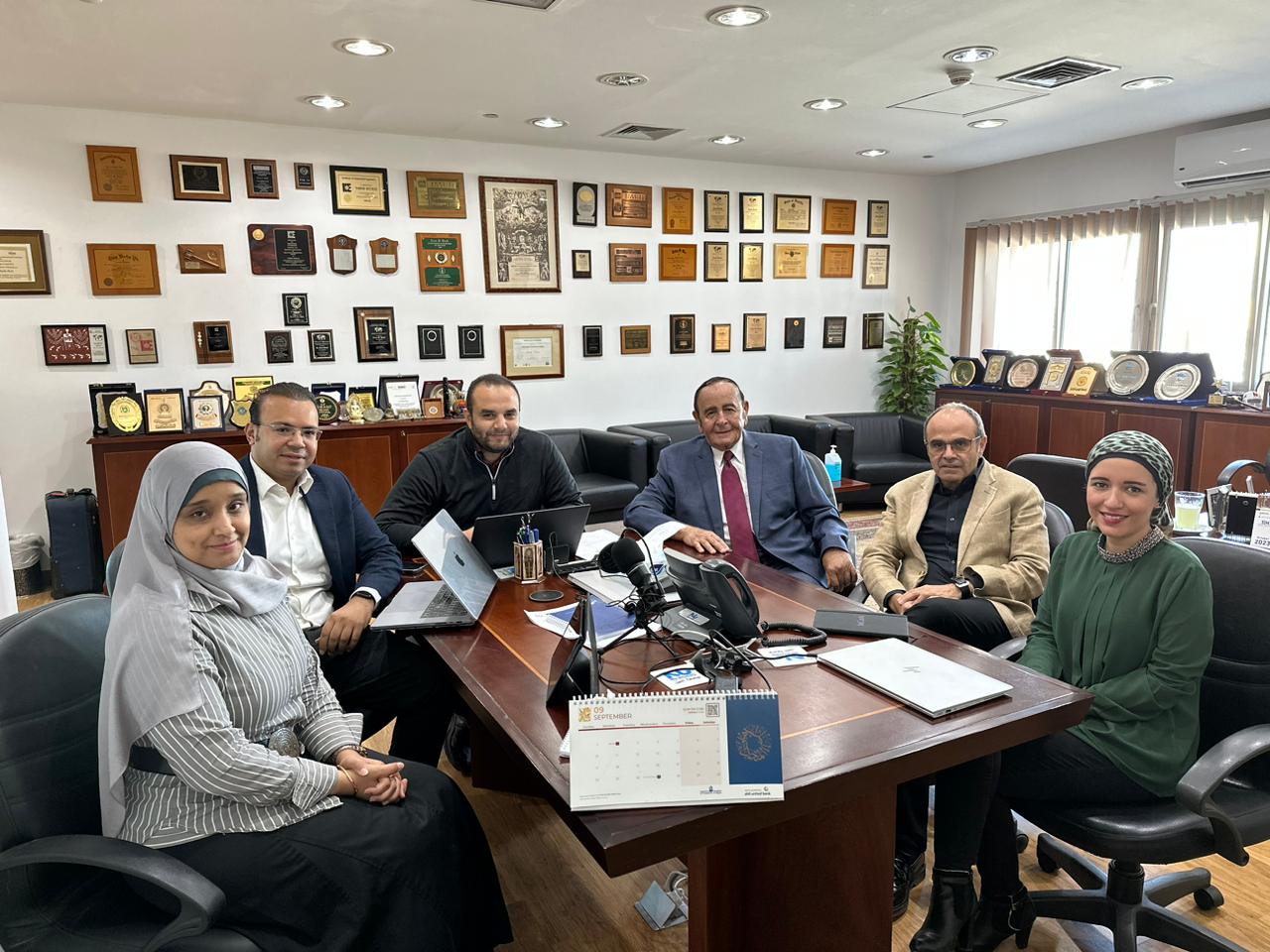The STI Policy Research Hub recognizes the importance of evidence-based decision-making and the role of research in informing policy development. Through rigorous research and analysis, the Hub aims to identify key challenges and opportunities in various sectors and propose actionable policy recommendations.
With a focus on science, technology, and innovation, the Hub acknowledges the transformative power of these fields in driving economic growth, social development, and sustainable solutions. By harnessing the potential of STI, the Hub aims to address complex policy issues and contribute to Egypt's and the region’s development agenda.
The Hub's approach is multidisciplinary, bringing together experts from various fields such as economics, engineering, natural sciences, social sciences, and policy analysis. This interdisciplinary approach allows for a comprehensive understanding of the challenges at hand and facilitates the development of holistic policy solutions.
Through collaboration with government agencies, academia, industry stakeholders, and international partners, the Hub aims to foster a collaborative and inclusive environment for policy dialogue and knowledge sharing. By engaging with a wide range of stakeholders, the HUB seeks to ensure that policy recommendations are contextually relevant, feasible, and aligned with the needs and aspirations of the society being served.
Overall, the STI Policy Research Hub is poised to play a crucial role in shaping the policy landscape by providing evidence-based insights, innovative solutions, and a platform for collaboration.

